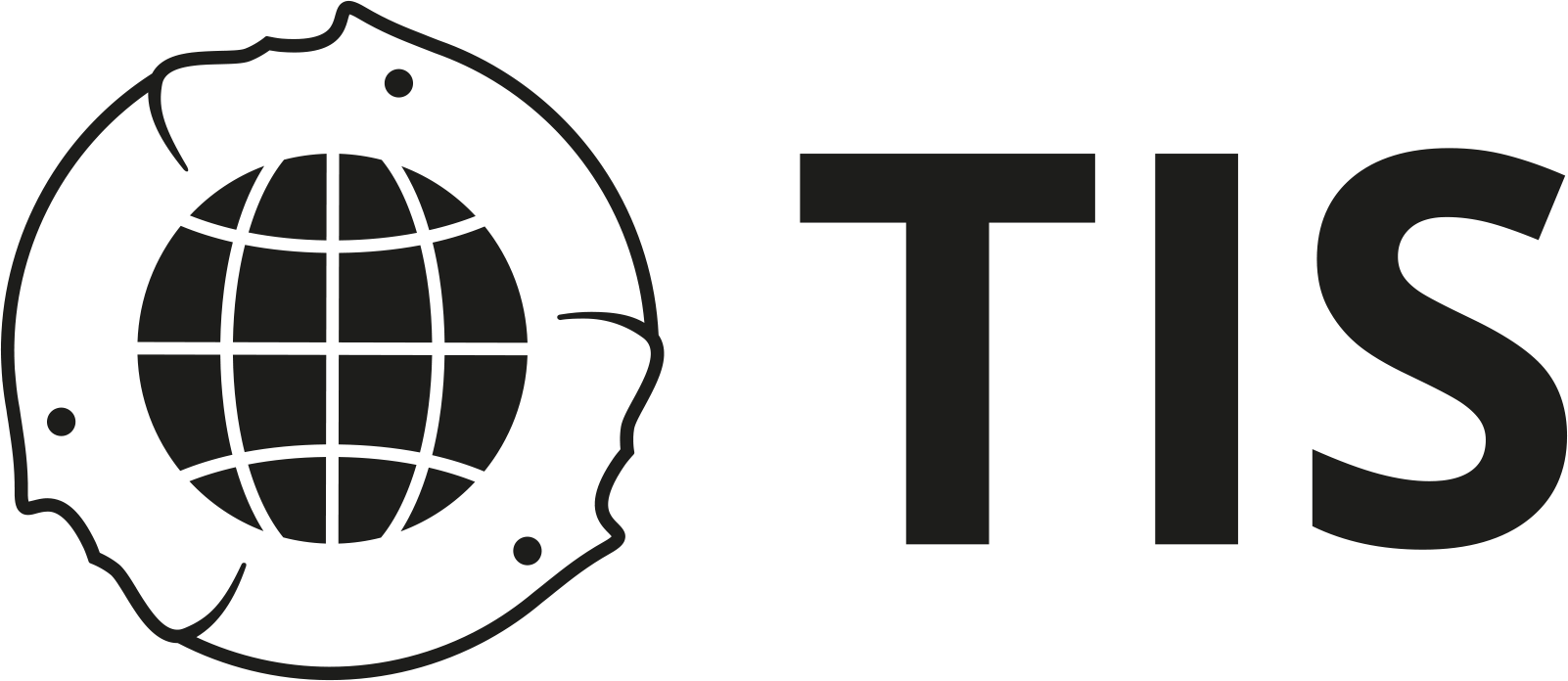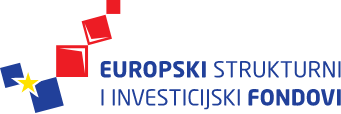Why businesses need Digital Transaction Management (DTM)

As a basis for their IT solutions, many businesses have internally implemented finance/accounting solutions (ERP), document management solutions (DMS) mostly for archiving purposes, and possibly a customer relationship management system (CRM) to maintain records of customers, as well as a customized IT solution for their core business. It remains unclear to which extent such solutions are interconnected and how many processes they cover/digitalize.
The present market situation requires of businesses that are doing nothing about digitalization to reflect on their year-end figures in this context.
For example, if a process includes reports generated by the ERP system and this document needs to be printed, physically taken to the authorized person to have it signed manually and then scanned and archived, this process cannot be considered digitalized. The original document is still in physical form and should as such be kept and stored, while the digital scanned document is a copy sitting in the archive as some sort of proof.
This is where DTM solutions come in.
.png)
What is a DTM (Digital Transaction Management) system?
DTM refers to a set of software solutions including:
- a legally compliant electronic signature;
- authentication and identification;
- document management and document flow control;
- transaction security; and
- secure data storage.
DTM solutions touch each aspect of a document’s lifecycle – from its creation to its storage. Four main elements allow a DTM system to handle all activities regarding a document with an advanced level of efficiency and security.
Four elements of a DTM system
- Digital document archiving and management
- Digital authentication
- Digital signature
- Digitalization and automation of business processes
.png)
1. Digital document archiving and management
Digital document archiving and management allows organizations to combine contents and business processes through a single platform and thus manage all (un)structured information and contents in a systematic and integrated way.
Document creation, indexation, ORC, search and retrieval, secure sharing, access control, encryption and integration capabilities are the key components of a document management system that underlie digital transaction management to create a paperless office.
.png)
2. Digital authentication
Secure authentication and identification are a prerequisite for any activity involving documents, such as the implementation and compliance with KYC requirements when onboarding new customers, logging into internal systems, accessing and sharing documents/files, authorizing and signing documents, etc.
Identification of new customers is currently preferred to be performed online, for example by using video identification. For all processes involving regular customers/employees/partners, identification may be part of two-factor authentication that includes verification by sending a one-time password to a mobile phone.
It is important to take into account the fact that all solutions that include digital identification and authentication must be in compliance with the applicable regulations and include all required identification and authentication steps.
3. Digital signature
Paper documents are easily editable: handwritten signatures can be falsified, the contents of a paper document can be modified, whereas parties to a contract may deny having signed it. None of this is possible when using digital signatures because the document enjoys triple protection:
- Identification of the signatory based on digital certificates or two-factor authentication and matching of electronic signature validation data with the person in question.
- The integrity of the document is protected because each step in the business process is recorded and users can detect any attempt of alteration.
- Each digital signature has a time-stamp so that a reliable signature generation time can be used as evidence of non-repudiation together with other security data contained in a digitally signed document.
.png)
4. Digitalization and automation of business processes
The first three elements would not function as a whole without the digitalization and automation of business processes specifically tailored to each company’s requirements and needs.
The automation of business processes helps companies manage their business processes involving human interaction and/or several business systems and helps managers define business rules applicable to the tasks within each business process to facilitate the monitoring and measurement of company resources. Document flows seamlessly improve scalability performance and accelerate the supply of the relevant service to the end user. In other words, automation means achieving results faster and providing an improved user experience, which are the main two factors of DTM market’s constant growth.
If workflows are automated, all tasks relating to DTM processes are treated and performed in a consistent, efficient and secure manner. This results in savings of time and costs, minimization of manual efforts, as well as standardization of documents and their protection against error.
Why choose a DTM (Digital Transaction Management) system?
A DTM solution helps accelerate, facilitate and secure business processes thanks to the embedded capabilities of all four crucial DTM components, thus allowing users to interact with documents from different locations and increasing efficiency and productivity on all professional levels.
By implementing DTM solutions, organizations of all sizes and across all industries accelerate their internal processes involving any type of document that needs to be authorized and signed, such as contracts, policies, approvals, etc., which helps them grow in various segments. They also enhance their competitiveness because they offer their customers and partners an improved user experience and make the personal data protection process more secure.
The DTM market has seen increasing levels of demand as these solutions have been found to help modern businesses become more efficient. The global DTM market was estimated to be worth EUR 1,733.67 million in 2020 and is expected to reach EUR 14,374.84 million by 2027, with CAGR of 35.28% during the relevant period.
Author: Marina Meštrović, Business Solutions Consultant, TIS




